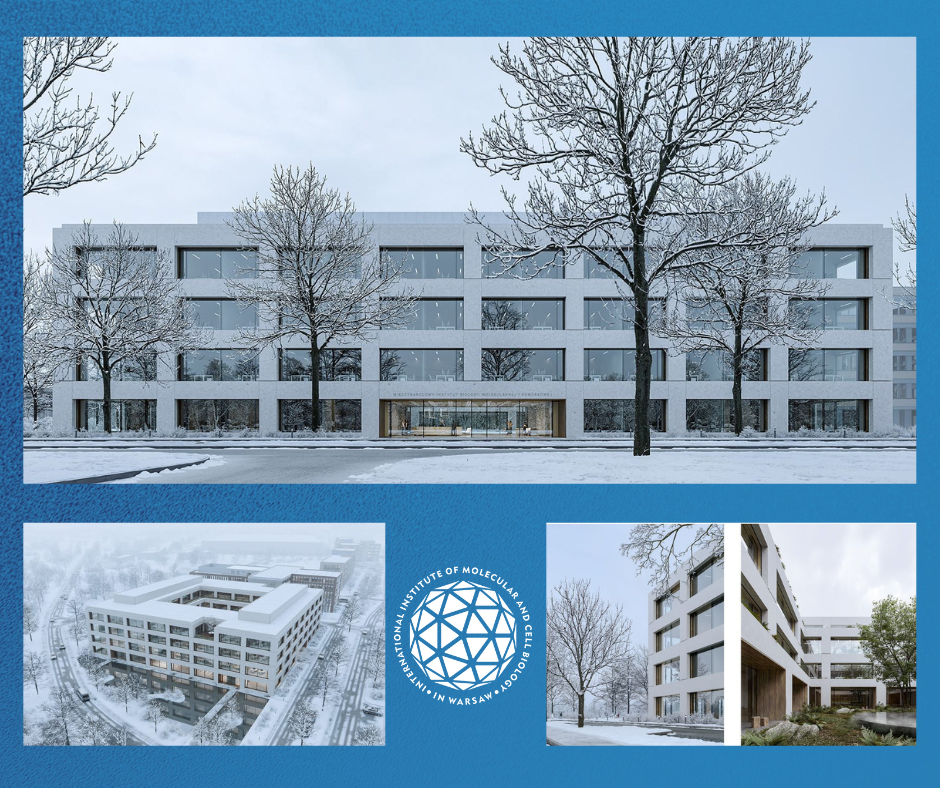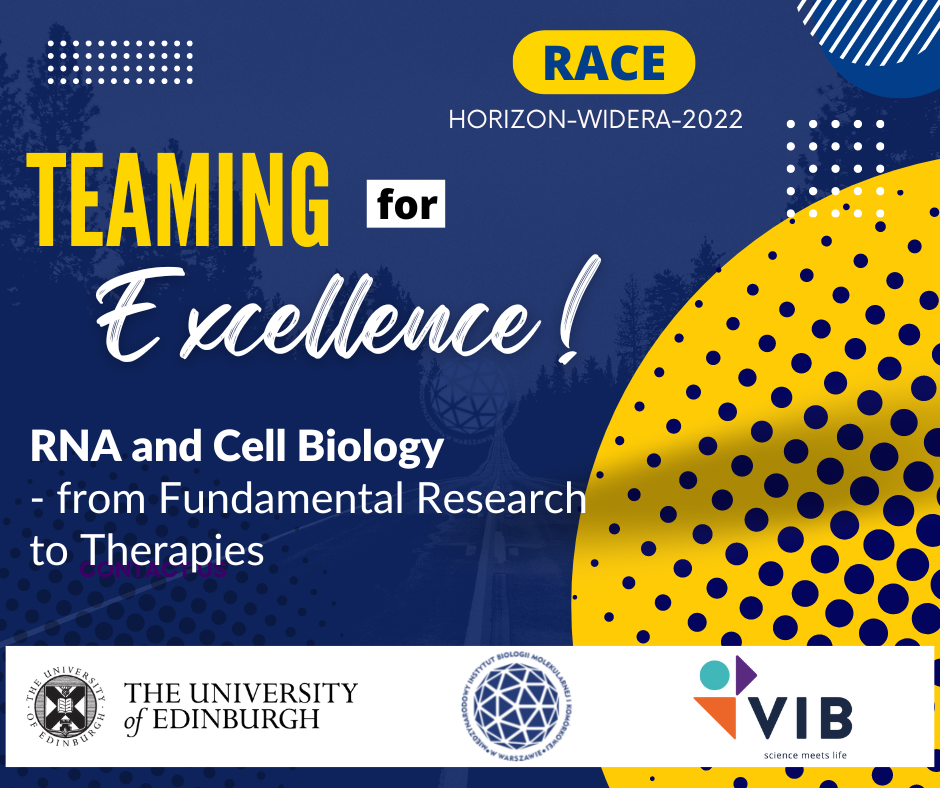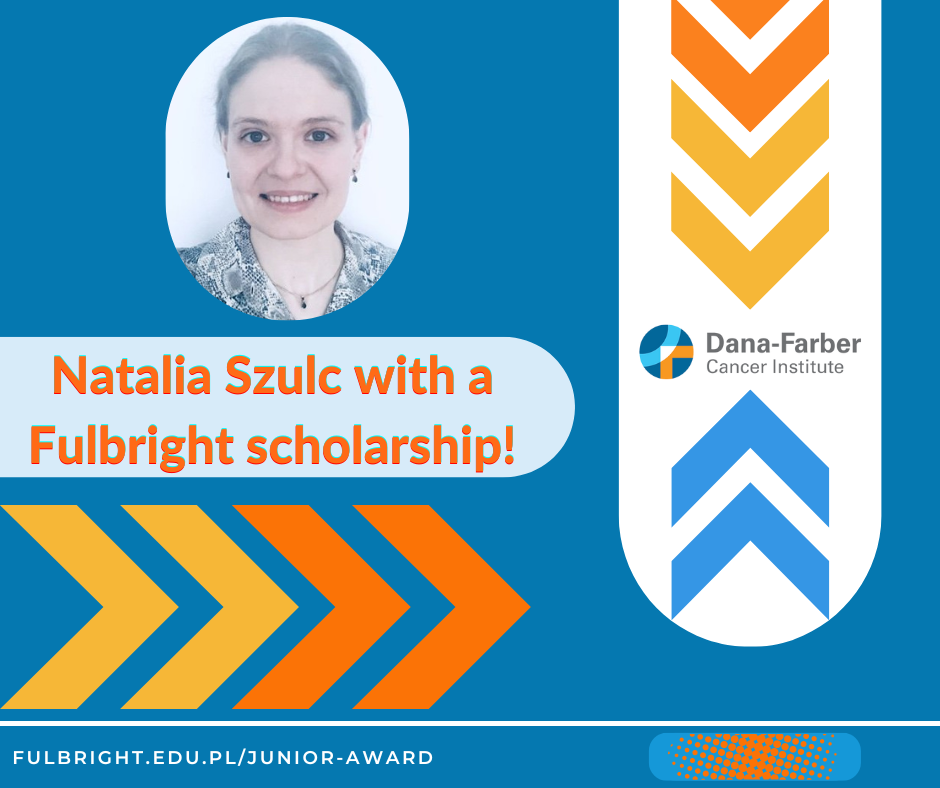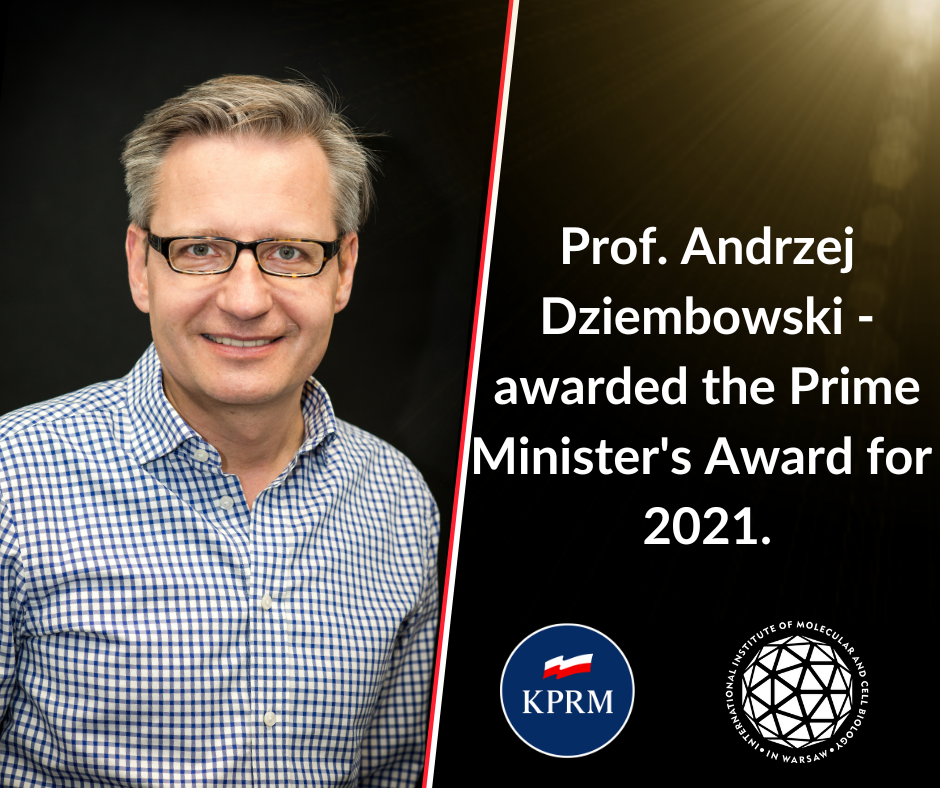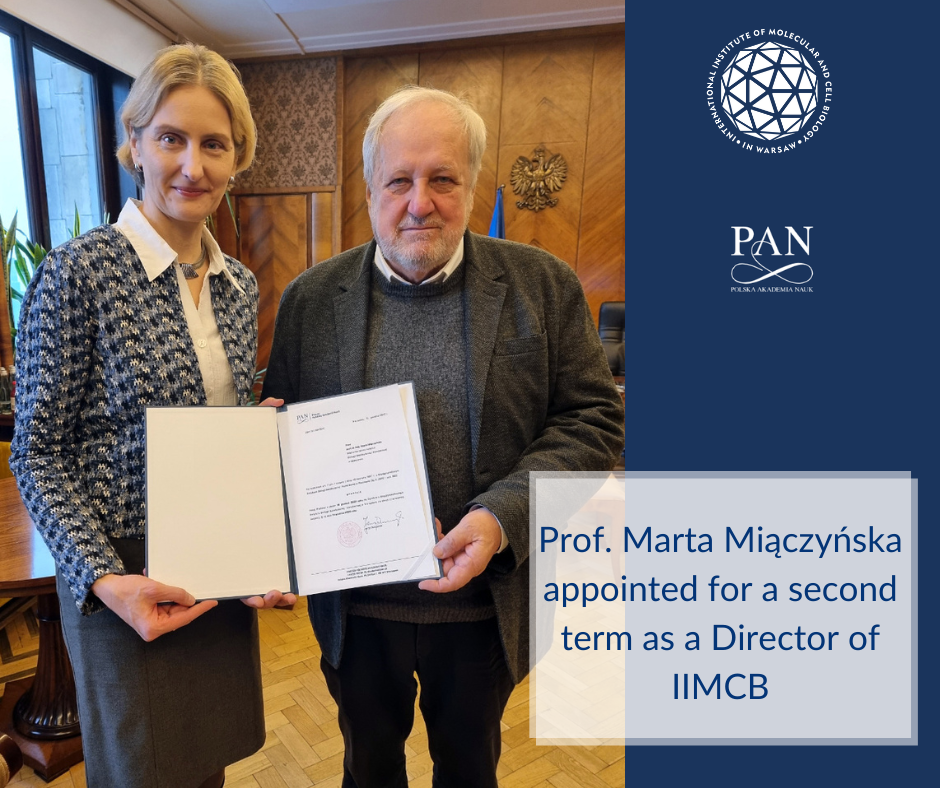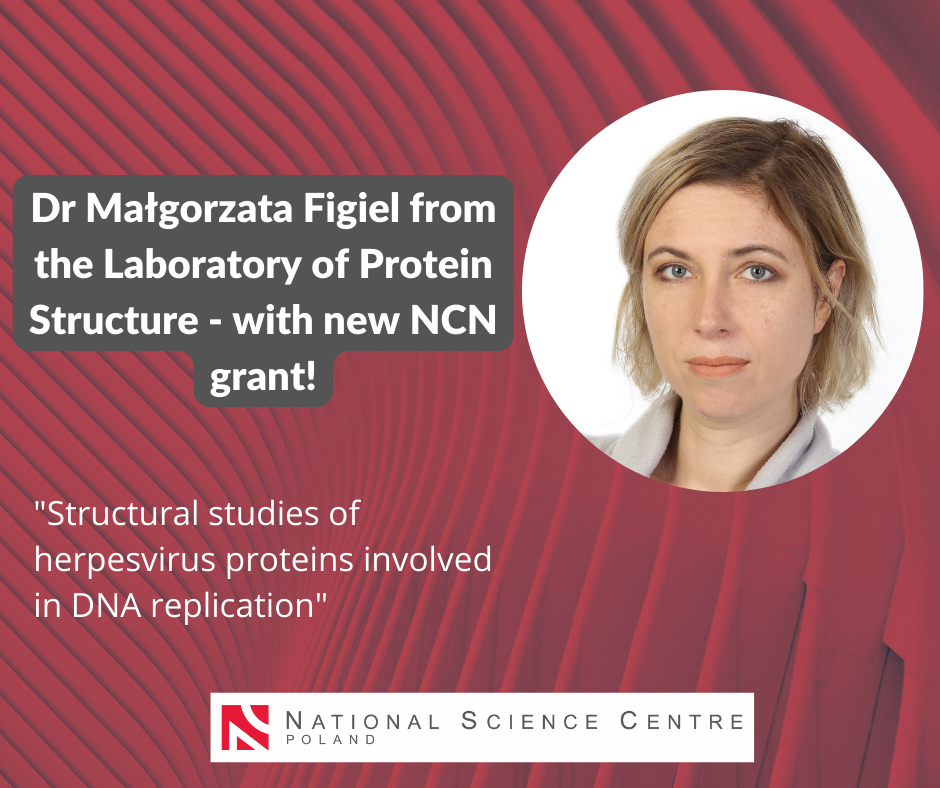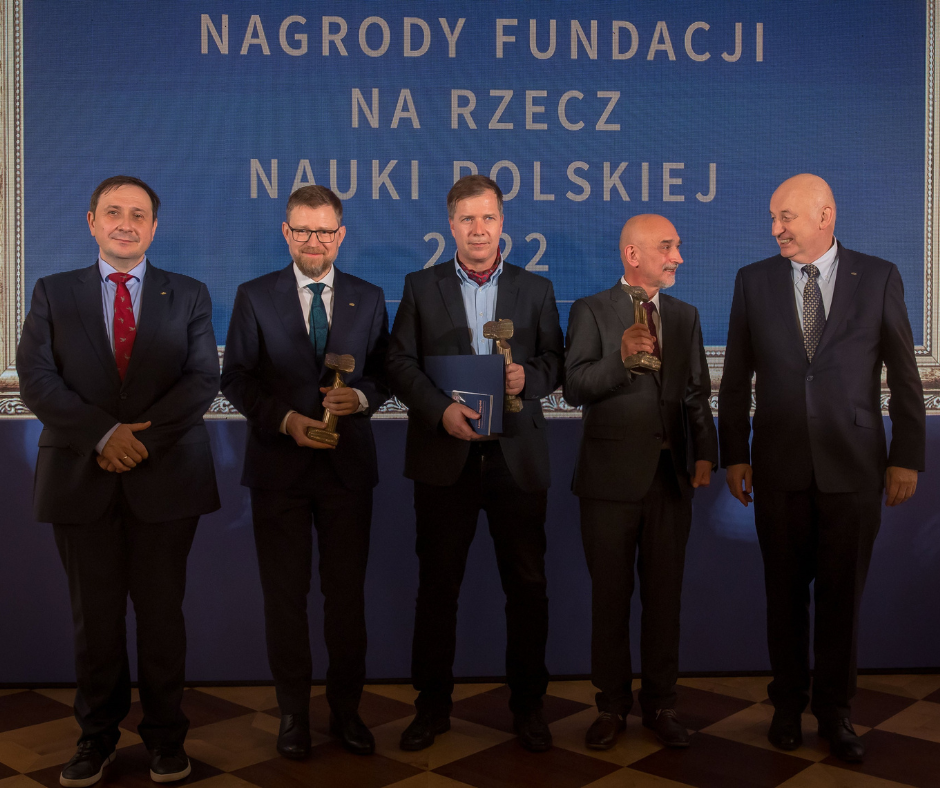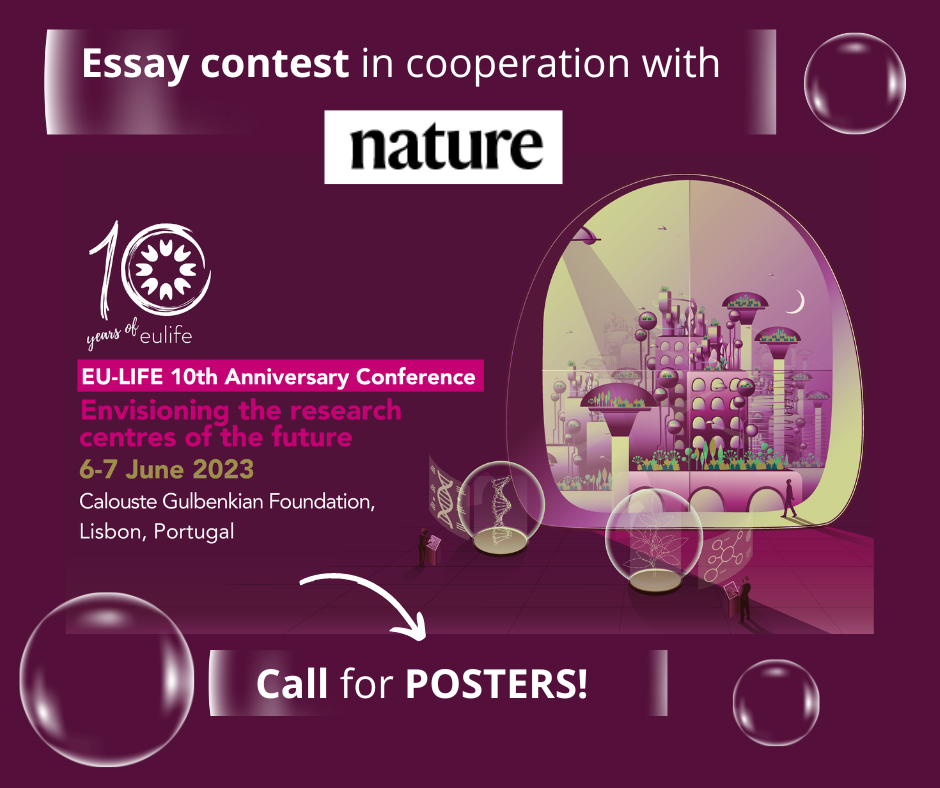We already know the winner of the competition for the architectural concept of the new IIMCB seat. On Friday, December 16, 2022, the results of the competition organized by the IIMCB in cooperation with the Association of Polish Architects, were officially announced. The event was held under the honorary patronage of the Minister of Education and Science.
Three prizes and two honorable mentions were awarded in the competition. The first reward, including a cash prize of the amount of 35,000 PLN and an invitation to negotiate a sole-source contract for the performance of a service based on the selected competition work was awarded to Atelier Tektura Sp. z o. o - a studio from Warsaw.
The work was appreciated for a very good, rational and logical solution to the layout of the rooms. Moreover,the flexibility of the project was appreciated thanks to the possibility to modify the layout as well as structural solutions. The justification of the results also emphasized the good organization of traffic in the investment area with the use of internal parking. The Competition Jury also appreciated a simple aesthetic body with a dignified character which reflects the nature of the institution. In terms of aesthetics, the idea of including wooden elements in the facade was appreciated too.
The project envisages 4 above-ground floors and 1 underground floor, with the total area of the building of over 20,000 m² and the usable area of nearly 14,000 m².
The second prize, in the amount of 25,000 PLN, was awarded to Projekt Praga Sp. z o. o – a studio from Warsaw, and the third prize, in the amount of 15,000 PLN, was awarded to BAAS arquitectura - a studio from Barcelona. The honorable mentions were awarded ex aequo to the studio Heinle, Wischer und Partner Architekci Sp. z o.o. from Wroclaw and two studios that submitted a joint project: BRUTHER from Paris and TŁO Michał Sikorski architect from Warsaw.
- The goal of the competition was to select the best concept of the IIMCB building in terms of architecture, functionality and usability which will be in line with the further dynamic development and strategic goals of the Institute - and in my opinion this has been achieved, said Prof. Marta Miączyńska, the Director of the IIMCB, after the announcement of the results of the competition.
There will be 20 Research Groups and 7 Specialized Apparatus Laboratories in the building. The new space will enable scientists to perform professional expertise and strengthen cooperation with Polish biotechnology and pharmaceutical industries.
There were 14 projects submitted in the first stage of the contest, whereas 5 of them were invited to the second stage.
https://www.iimcb.gov.pl/en/news-press-office?start=108#sigProIdd7c56d3d60
We are proud to announce that our project entitled RNA and Cell Biology - from Fundamental Research to Therapies, acronym RACE, has been selected for funding in the Teaming for Excellence programme under Horizon Europe, with the evaluation score of 14.5 out of 15 points! The project topped the ranking list out of 31 projects evaluated in the second stage of the competition. The RACE will last six years and will be granted nearly 15 M euro.
The aim of the RACE is aligned with IIMCB ambitious development plans for the years to come. It will elevate IIMCB into a world-class Centre of Excellence in RNA and Cell Biology that will combine outstanding science with professional commercialisation activities.
The project will be coordinated by Prof. Marta Miączyńska, the Director of IIMCB and implemented within a consortium of three institutes: IIMCB – the Coordinator and main RACE beneficiary, and two partners: the Medical Research Council, Human Genetics Unit of the University of Edinburgh (UoE–MRC HGU) and Flanders Institute of Biotechnology (VIB) in Belgium.
Both UoE–MRC HGU and VIB possess important expertise to actively support IIMCB in achieving its goals and implementing RACE key activities which are: recruiting new research groups and broadening collaborations with external partners, training of young generation of IIMCB researchers for academia and industry, developing modern core facilities, establishing internal systemic technology transfer support (Technology Incubator), and last but not least – digitalizing and upgrading management and administrative processes.
The RACE project will be funded under HORIZON-WIDERA-2022-ACCESS-01-two-stage —Teaming for Excellence.
Teaming for Excellence is a part of the Widening participation and strengthening the European Research Area programme of Horizon Europe. It creates and supports centres of excellences that should serve as role models nationally and in the region to stimulate performance, new investments and reforms of national research and innovation systems in countries with lower R&I potential.
This is a great news to start the year! Natalia Szulc from the Laboratory of Protein Metabolism has received the Fulbright Junior Research Award! Our sincere congratulation! Natalia is the first person from our Institute to receive this prestigious scholarship!
The Fulbright Junior Research Award is a scholarship for doctoral students to travel to a university, research institute or NGO in the United States to carry out a project related to their dissertation topic.
Thanks to the Fulbright Junior Research Award, Natalia will gain experience in developing drugs based on targeted protein degradation technology. These are novel and promising therapies based on the manipulation of the ubiquitin-proteasome system to selectively degrade chosen proteins, which allow targeting diseases such as cancer by directing the removal of tumor-promoting proteins.
Natalia will carry out a research project involving computational modeling of protein degraders at the Dana-Farber Cancer Institute, an institute with world-renowned expertise in targeted protein degradation technology.
Prof. Andrzej Dziembowski, Head of the Laboratory of RNA Biology – Era Chairs Group, was awarded the Prime Minister's Award for outstanding scientific achievements in 2021. Our sincerest congratulations!
Prof. Dziembowski was recognized for research on understanding the mechanisms of RNA degradation in eukaryotic cells and the control of transcript stability resulting from RNA polymerase II activity in various human tissues and cells. The justification also emphasizes the importance of the discovery he and his team made regarding the role of oligouridylation of the 3' ends of transcripts of mobile and repetitive elements in the human genome -LINE1, as well as the identification and description of a new family of poly(A) polymerases TENT5 in the human genome and the elucidation of their functions.
This year the Prime Minister's Awards honored 40 scientists. Traditionally, awards were given in three categories: (I) outstanding doctoral dissertation, (II) highly commended scientific achievements that are the basis for awarding the degree of doctor of habilitation, and the most prestigious (III) for outstanding scientific achievements, including artistic creation or implementation activity.
Professor Marta Miączyńska has been selected for the position of the Director of the IIMCB and with this nomination, she has begun her second term for years 2022-2026. Professor Marta Miączyńska has been chosen in an international competition and on the recommendation of the International Advisory Board. She was appointed to this position by the President of the Polish Academy of Sciences, prof. Jerzy Duszyński.
Professor Marta Miączyńska graduated from Jagiellonian University. She received her PhD degree in genetics at the University of Vienna (1997). Later on, she obtained her post-doctoral title (2008), and became a professor in 2013. In 2013-2015 she served as a deputy director at the International Institute of Molecular and Cell Biology in Warsaw.
Professor Miączyńska’s biological research focuses on the molecular mechanisms integrating membrane transport, in particular endocytosis, with intracellular signalling pathways. She discovered e.g. a distinct population of early endosomes in the cell, so called APPL endosomes. Moreover, together with her group, she characterized the role of endosomes as signaling platforms for the receptors of growth factors and cytokines.
She is a co-author of over 60 publications cited more than 3000 times. She received fellowships from Austrian Science Fund, Human Frontier Science Program Organization, and L’Oreal Poland for Women in Science.
During her scientific career, she has obtained numerous prestigious grants. She has been the head of projects funded by British Wellcome Trust, American Howard Hughes Medical Institute, Polish-Swiss Research Programme, National Science Center, Foundation for Polish Science, Max Planck Society, and the Ministry of Science and Higher Education. She has participated in various grants committees, including European Research Council. She has been a Council member of the National Science Center (2016 – 2018), a member of the Polish Academy of Sciences, a member of European Molecular Biology Organization (EMBO) as well as Academia Europaea.
We wish You happy and peaceful Christmas time!
May the New Year bring you health and prosperity!
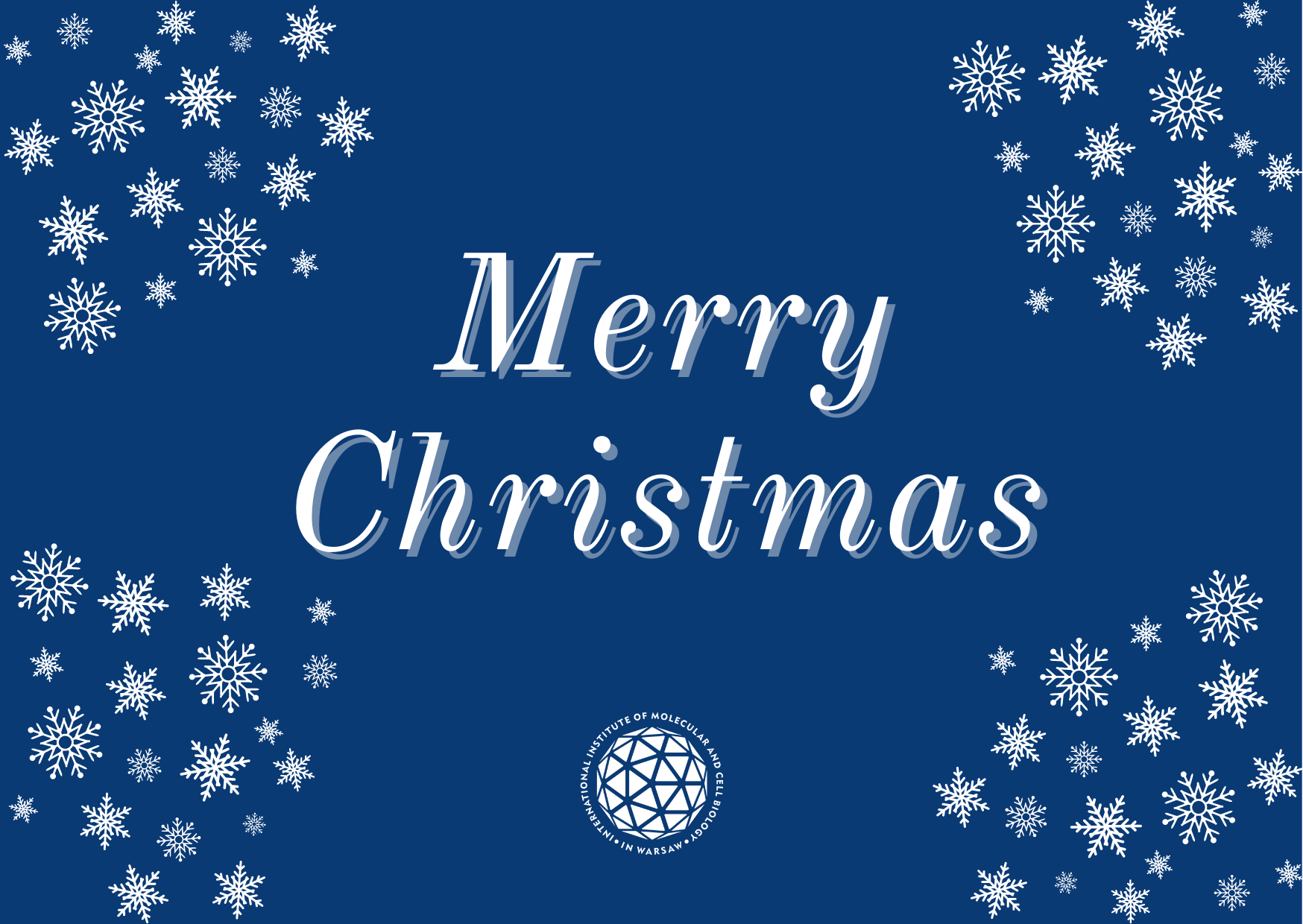
Structural studies of herpesvirus proteins involved in DNA replication – this is the title of a project by Dr Małgorzata Figiel from the Laboratory of Protein Structure. Recently she has received a grant from the National Science Center. The amount of it is PLN 2,047,255 and it will be carried out over a period of 4 years. Congratulations!
The aim of the project is to improve a better understanding of the DNA replication process in herpesviruses, which are one of the most widespread pathogens found in humans. Admittedly, they pose little threat to healthy individuals, but they can cause severe disease in immunocompromised patients.
Despite a wealth of biochemical data on herpesvirus replication proteins, our understanding of herpesvirus DNA replication is still incomplete. No structures have yet been determined for several of the replication proteins. Furthermore, unclear is how replication proteins are recruited to the replication fork and how the synthesis of both DNA strands is coupled. Finally, structural information about interactions of proteins that form HSV-1 replication machinery with each other and with their nucleic acid substrates is missing, so the architecture of the complete replisome or even its parts is unknown.
The research team, led by Dr. Figiel, plans to determine atomic structures of herpesvirus proteins involved in DNA replication and their complexes with relevant nucleic acid substrates using cryo-electron microscopy (cryo-EM) and X-ray crystallography. These structural studies will be complemented by biochemical experiments. – Based on the structures and the biochemical data we will reveal how the herpesvirus replisome works and how the activity of its components is regulated and coordinated. The results of this project will be a valuable resource for future efforts that seek to produce new anti-herpesvirus drugs – adds dr Małgorzata Figiel.
We are pleased to invite you to the broadcast of the Foundation for Polish Science 2022 award ceremony. The award for "Elucidation of molecular mechanisms of DNA damage recognition and repair" will be received by Prof. Marcin Nowotny, head of the Protein Structure Laboratory at the International Institute of Molecular and Cellular Biology in Warsaw.
The ceremony will begin on December 7, 2022 at 4 pm.
Online broadcast available at the link: bit.ly/3iLqdoh
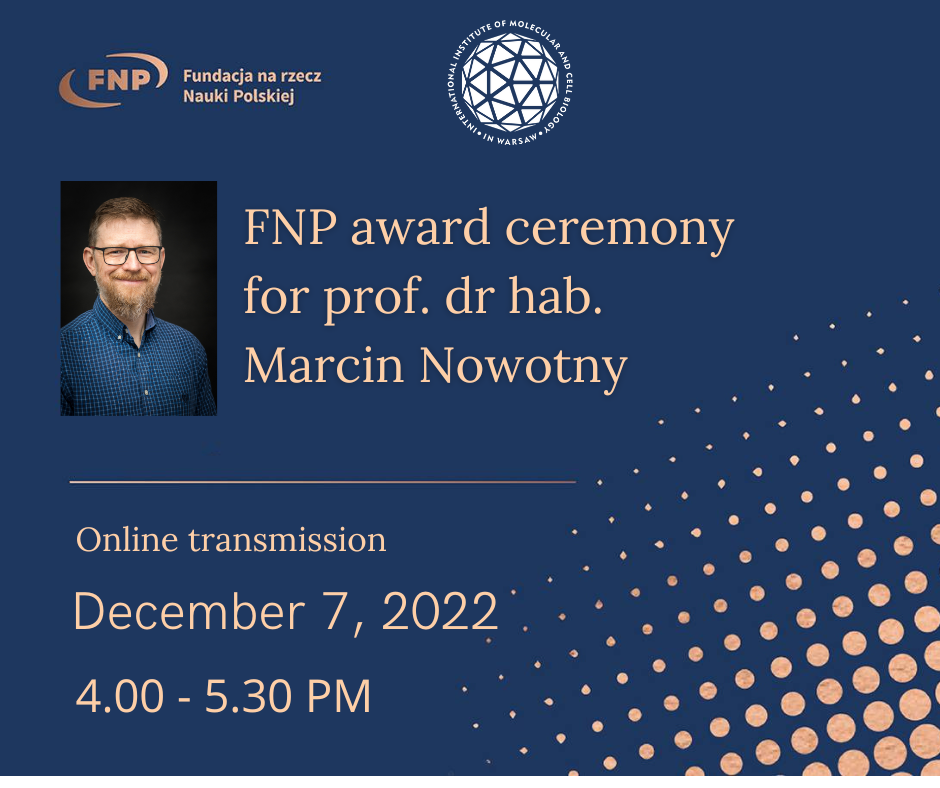
Designing the future - what will research centers look like from a perspective of tomorrow?
In June 2023, EU-LIFE - an alliance of European research institutes – will celebrate its 10th anniversary. The celebration will include various activities such as: an essay contest organized in cooperation with Nature; a call for posters showcasing initiatives which aim to strengthen research organizations; and finally, an international conference to which the representatives of the scientific community and policymakers have been invited.
The goal of the conference will be to initiate discussion on the topic of how research centers should function in the future so that they empower scientists to concentrate on breakthrough discoveries and engage the societies.
Call for posters
This part of the event will provide a platform for the entire scientific community to present and promote their research organizations. The available topics are:
- The research places of the future
- Research culture & environment
- Research facilities & services
- Research governance
- The stories of success in science (scientific, knowledge transfer, community building, etc.)
Posters will be presented during the conference. The participants of the event will have an opportunity to talk to their authors and vote for the best poster. The most voted one will be published on the event website. Moreover, an interview with its author will be published on the EU-LIFE website. For more information visit: https://eu-life.eu/10-years-conference/call-for-posters
Essay contest in cooperation with Nature
Another activity will be an essay contest entitled "Utopia Research Institute." Its purpose will be to encourage reflection and generate new ideas about the ideal research institute of the future. You are encouraged to share your vision. EU-LIFE will consider the submitted ideas in its future initiatives. Detailed rules for participating in the competition can be found at the following link: https://eu-life.eu/essay-contest-mailing-sign-up
The conference "Envisioning the research centers of the future" will be held on June 6-7, 2023, and it will be hosted by the Calouste Gulbenkian Foundation.

